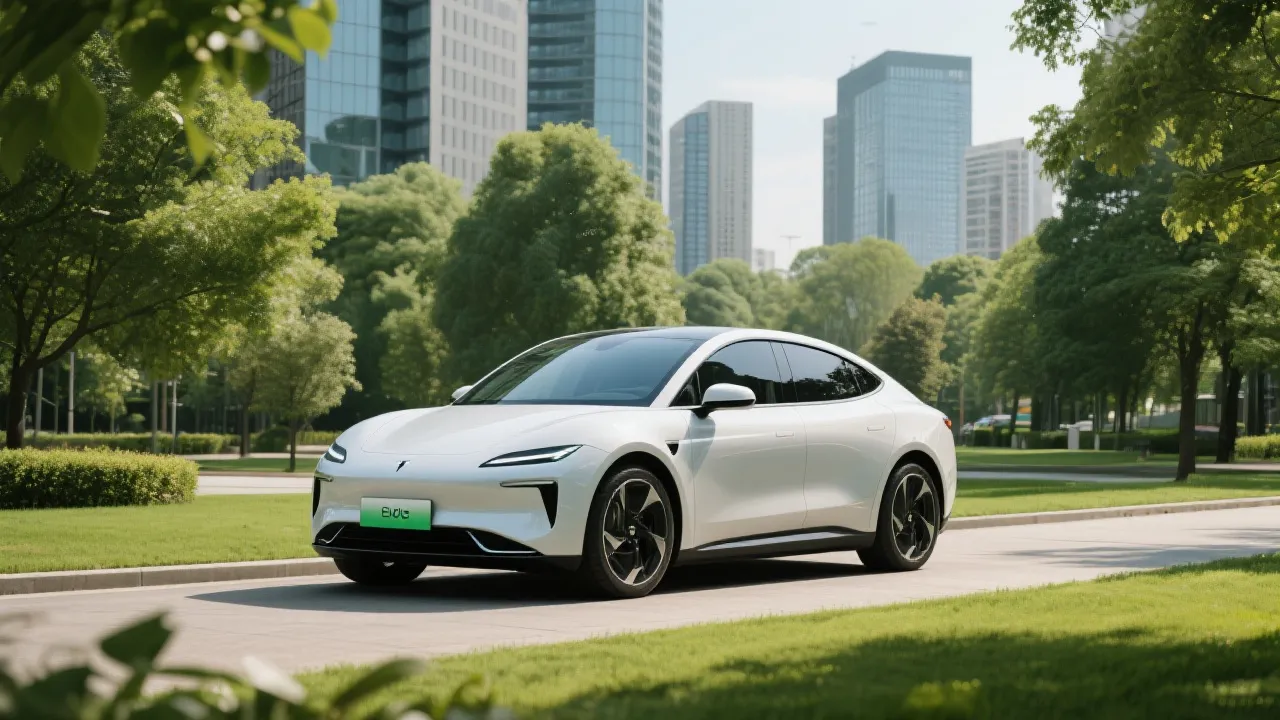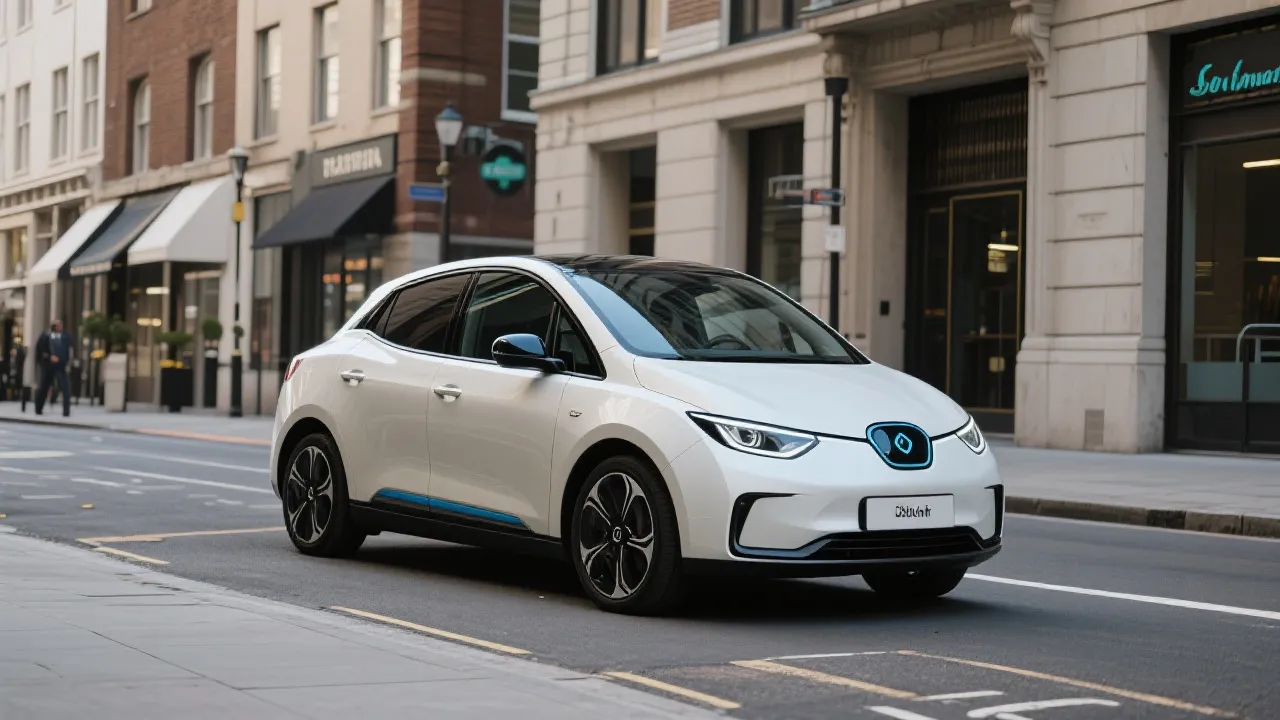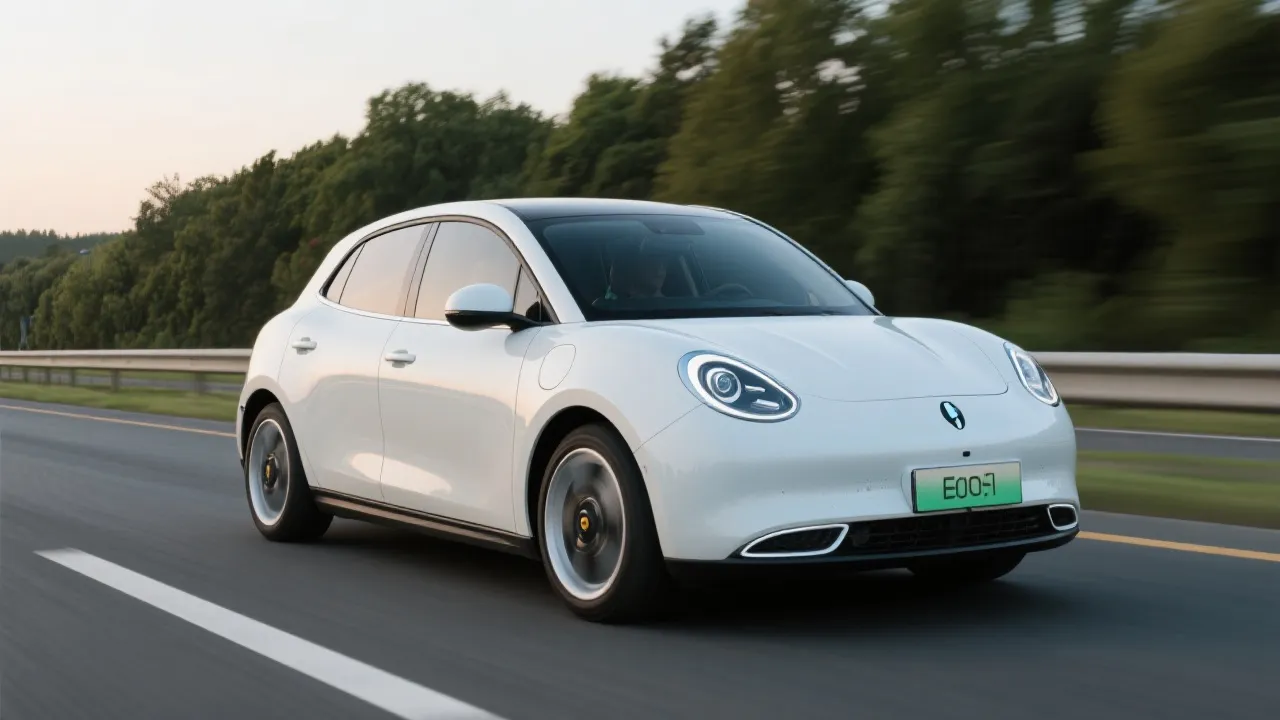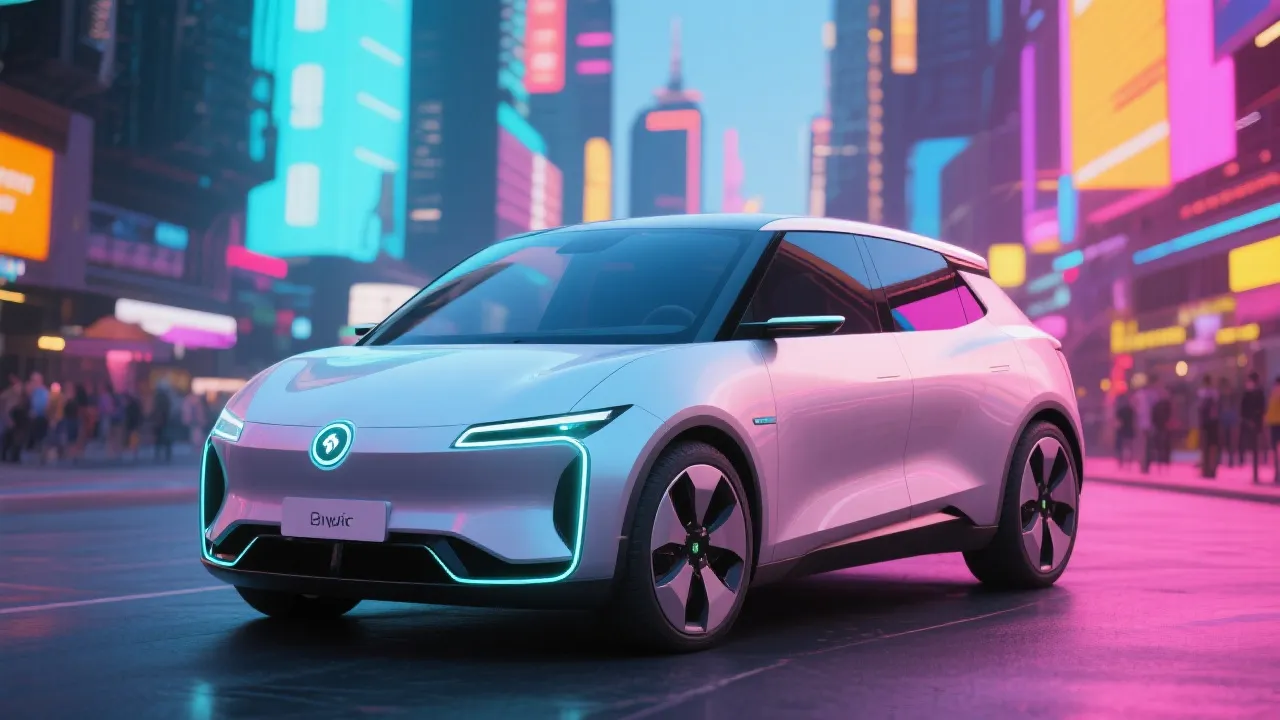Most Affordable Electric Cars
This guide explores the world of electric vehicles, focusing on the "most affordable electric car" offerings currently available. With the surge in demand for eco-friendly transportation, choosing an economically viable electric car is crucial for many consumers. This article provides insights into financing options, especially zero down payment plans, and compares popular choices like the Chevrolet Bolt EV and Nissan Leaf.

Understanding the Appeal of Affordable Electric Cars
The world of electric cars has rapidly evolved, becoming a prominent part of the automotive industry. One topic garnering attention is the search for the "most affordable electric car." With rising concerns about climate change and the shift toward sustainability, electric vehicles (EVs) provide an environmentally friendly alternative to traditional fossil fuel-powered cars. They offer the added advantage of reduced running costs due to lower electricity tariffs compared to gasoline prices. Additionally, numerous governmental incentives have been introduced in various regions globally, providing tax breaks or rebates to make electric vehicle options even more appealing to budget-conscious consumers.
The expansion of electric vehicle infrastructure, including rapid charging networks and increased availability of service centers, further contributes to the growing popularity of affordable electric vehicles. As more consumers become aware of electric cars, they are determining that the initial investment in a vehicle that delivers substantial long-term savings is worthwhile. By eliminating the dependency on volatile gasoline prices, electric cars not only contribute to personal savings but also offer a significant reduction in greenhouse gas emissions, underscoring their importance in the transition toward sustainable energy solutions.
Top Affordable Electric Cars
Among the many contenders in the electric vehicle market, several models stand out for their affordability and capability. Key options to consider include the Chevrolet Bolt EV, Nissan Leaf, Hyundai Kona Electric, and Kia Niro EV, each providing unique features at competitive prices. The emergence of new players and continuous upgrades to existing models ensure consumers have more choices than ever when selecting an electric vehicle that fits their budget.
Chevrolet Bolt EV
The Chevrolet Bolt EV has positioned itself as an appealing option for consumers seeking an affordable electric vehicle. With its long-range capabilities, it offers more than 250 miles on a full charge, making it an ideal solution for both urban commuting and long highway drives. The spacious interior and cargo area provide practicality without compromising comfort. Furthermore, advanced safety features, such as automatic emergency braking and lane-keeping assist, enhance its appeal to families.
Nissan Leaf
As one of the pioneers in the electric car segment, the Nissan Leaf has gained widespread recognition for its reliability and efficiency. It boasts an impressive range of around 150 miles for its standard model, while the Leaf Plus variant pushes that figure to approximately 226 miles. Equipped with modern tech, the Nissan Leaf features an intuitive infotainment system that seamlessly integrates with smartphones, providing essential connectivity options. Its affordability in both the purchase and maintenance aspects makes it a top choice for budget-minded consumers.
Hyundai Kona Electric
A relative newcomer in the electric vehicle market, the Hyundai Kona Electric packs an impressive range and array of features into a compact SUV. With over 260 miles of range per charge, it competes favorably against many traditional gasoline-powered vehicles in terms of distance traveled. The Kona Electric is designed with a user-friendly interface that makes engaging with its technology a breeze. Additionally, the overall performance and ride quality elevate it above many of its competitors at a similar price point, giving consumers a well-rounded driving experience.
Kia Niro EV
The Kia Niro EV shares several mechanical components with the Hyundai Kona Electric, benefiting from the same electric drivetrain technology. It offers a spacious interior with an impressive cargo area while providing an electric range of around 239 miles. The vehicle's blend of style, efficiency, and practicality positions it as a compelling choice for individuals seeking an affordable electric SUV. Kia's commitment to providing quality and reliability adds to the Niro's appeal, ensuring that it stands out in a crowded marketplace.
| Car Model | Key Features | Financing Terms |
|---|---|---|
| Chevrolet Bolt EV | Long-range battery, advanced safety, spacious | Zero down, region-specific financing |
| Nissan Leaf | Efficient drivetrain, modern tech, affordable | Interest-free, flexible payment options |
| Hyundai Kona Electric | User-friendly system, long range, smooth drive | Low-interest regional deals |
| Kia Niro EV | Spacious, stylish, solid range | Flexible financing options available |
Source: Chevrolet Website, Nissan Website, Hyundai Website, Kia Website
How to Buy an Electric Car with No Down Payment
Purchasing an electric car without an upfront payment can be a significant financial relief. Many automakers offer flexible financing options tailored to various credit backgrounds. The first step is to check if your local dealership participates in such programs. Some companies provide leasing options that allow consumers to drive away in a new electric vehicle with little to no down payment, thus removing the immediate financial barrier associated with buying an EV outright.
Next, evaluate your credit score since the best terms are usually available to those with high ratings; however, some dealers may offer deals for those with lower credit scores. Before finalizing any agreements, it’s recommended to compare offers from different dealers to find the most suitable plan. Additionally, reading customer reviews and speaking directly with current owners can provide useful insights into the overall ownership experience and potential hidden fees.
Understanding Electric Car Incentives
Government incentives play a crucial role in making electric vehicles more affordable for consumers. Incentives vary by country and region but typically include tax credits, rebates, and grants that directly reduce the purchase price of electric vehicles. In the U.S., for example, the federal government offers a tax credit of up to $7,500 for qualifying EV purchases, depending on battery capacity. Many states provide additional incentives, further lowering the cost for consumers.
Moreover, certain regions have programs designed to support low-income families, making it easier for them to transition from traditional fossil fuel vehicles to electric ones. Some utilities also provide rebates or reduced electricity pricing for EV charging during off-peak hours, further enhancing the cost-effectiveness of electric vehicles.
FAQs About Affordable Electric Cars
- What makes electric cars more affordable? - The lower running costs and potential government incentives can offset higher purchase prices significantly, creating long-term savings for consumers.
- Are there any hidden costs when buying an electric car? - Consider the cost of home charging set-up—various options exist, from simple plug-in chargers to more complex installations—and the potential need for routine maintenance, though electric cars tend to require less than their gasoline counterparts.
- Can I find electric cars suitable for long commutes? - Yes, models like the Chevrolet Bolt EV offer long-range capabilities ideal for daily commutes, making them an excellent choice for longer-distance travel.
- How do I find local incentives for electric cars? - Websites managed by governmental departments or local utility companies often list available incentives. For the most accurate information, it’s advisable to visit official state or city websites or consult with your local dealership.
- What are the environmental benefits of electric cars? - Electric vehicles produce zero tailpipe emissions, reducing air pollution. Additionally, when particles from power plants are considered, the overall environmental impact is generally significantly lower than that of gasoline cars over their life cycles.
The Future Landscape of Affordable Electric Cars
As technology advances and production scales up, the costs of electric cars are projected to decrease further. The development of solid-state batteries, capable of offering greater energy density and safety, could revolutionize the EV market. This shift will likely make clean-energy vehicles accessible to a broader audience. The growing adoption of electric vehicles is helping stimulate job creation and investment in renewable energy sources, leading to more sustainable living worldwide.
Industry experts predict an influx of new models targeting different market segments, from economically priced compact cars to premium luxury electric SUVs, providing consumers with an array of choices to suit various lifestyles and financial situations. As battery technology improves and charging infrastructure expands, it is anticipated that range anxiety—the fear that a vehicle has insufficient charge to reach its destination—will diminish, making EVs a practical choice for even more drivers.
Conclusion
Choosing the most affordable electric car involves more than just the initial sticker price. Financing options, operating costs, incentives, and personal needs also play crucial roles. By researching and considering these factors, consumers can make informed decisions toward adopting eco-friendly transportation solutions that not only fit their budgets but also contribute to a healthier planet.
In an era where climate change and sustainability are at the forefront of public consciousness, the transition to electric vehicles symbolizes a proactive approach to environmental stewardship. As awareness grows and technology continues to advance, consumers can expect a future filled with convenient, affordable, and eco-friendly transportation choices.
Disclaimer: The above information comes from online resources, and the data is as of October 2023. For more information, please refer to the official websites indicated above.









